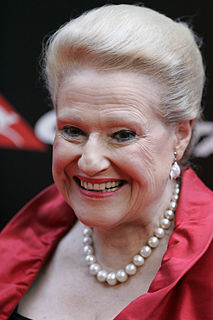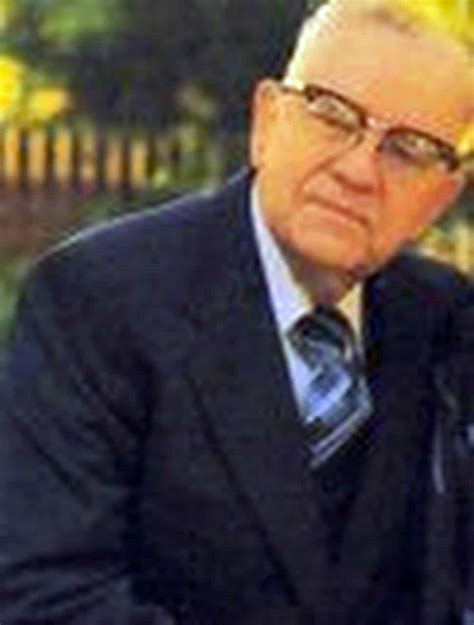A Quote by Brian Tracy
A hundred years ago-even 20 or 30 years ago-it was possible, if not always easy, to close major business by calling on and satisfying a key decision-maker. Today, every piece of business entails multiple decisions, and those decisions are virtually never made by the same person. Not only do you have to contend with multiple decisions, but the people who make those decisions may not even work in the same place.
Related Quotes
The most valuable insight I have made about how people make decisions is that when they become skilled they don't have to make decisions - choices between options. Instead, they can draw on experience and the patterns they have acquired to recognize what to do, ignoring other options. This is the basis of the Recognition-Primed Decision (RPD) model my colleagues and I described thirty years ago.
In their zeal for particular kinds of decisions to be made, those with the vision of the anointed seldom consider the nature of the: process: by which decisions are made. Often what they propose amounts to third-party decision making by people who pay no cost for being wrong-surely one of the least promising ways of reaching decisions satisfactory to those who must live with the consequences.
I'm a very good decision maker because I have core set of principles and so I can make decisions. Decisions can be very hard and you have to wrestle with them, but I'm able to get all the data on the table and figure out what would be the best decision because decisions mean ill for some people and mean positives for others.
Through the plan of prayer, God actually is inviting redeemed man into full partnership with Him; not in making the divine decisions, but in implementing those decisions in the affairs of humankind. Independently and of His own will, God makes the decisions governing the affairs of earth. The responsibility and authority for the enforcement and administration of those decisions, He has place upon the shoulders of the church.



































